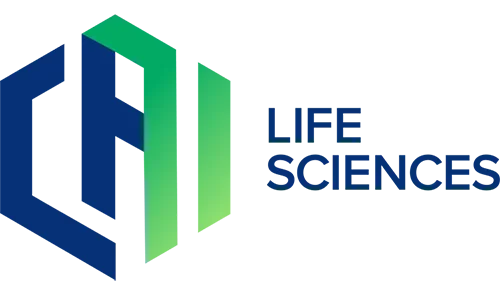On January 26, 2024, the Food and Drug Administration (FDA) provided notification of a revised draft guidance on Remote Regulatory Assessments (RRAs). The FDA has updated its guidance on remote regulatory assessments (RRAs), emphasizing that they differ from inspections and outlining new powers granted by a recent spending bill. The guidelines clarify the benefits of RRAs, the consequences of non-compliance, and how RRAs may relate to inspections or other regulatory partners. The updated guidance also details what happens after an RRA is completed. The changes to this document are in response to public comments and recent amendments to the Federal Food, Drug, and Cosmetic Act (FD&C Act). The FDA has effectively utilized RRAs to promote compliance, mitigate risk, and address important public health needs. The newly updated draft guidance offers valuable insight into frequently asked questions regarding RRAs.
A Remote Regulatory Assessment, or RRA, is a type of examination that the FDA conducts to assess compliance of an FDA-regulated establishment and its records with applicable FDA requirements. The assessment is conducted entirely remotely and aims to protect human and animal health, support regulatory decisions, and verify information submitted to the Agency.
Mandatory RRAs are conducted under legal authorities that mandate the establishment’s participation. In such cases, the establishment is required to participate and comply with the assessment. On the other hand, voluntary RRAs are not conducted under statutory or regulatory authorities that mandate an establishment’s participation. In this case, the establishment has the option to decline or withdraw participation during the assessment, and the agency may consider other tools for evaluating compliance with FDA requirements.
RRAs serve as an important tool in ensuring that FDA-regulated establishments comply with FDA requirements. By conducting these assessments remotely, the FDA can evaluate compliance without the need for on-site visits, reducing the burden on both the FDA and establishments.
During the COVID-19 pandemic, the FDA used Remote Regulatory Assessments (RRAs) to oversee and mitigate risks of certain FDA-regulated products. RRAs allowed the FDA to verify corrective actions, gain insight when inspections were impractical, and provide compliance information for future planning. RRAs also supported the timely approval of marketing submissions and helped the food program assess compliance with regulations like veterinary feed directives and foreign manufacturing processes.
The FDA believes that using both mandatory and voluntary RRAs is in the public health interest. The FDA has issued guidelines and a Q&A to clarify when mandatory and voluntary RRAs may be used and to ensure consistency in conducting RRAs. The guidelines also explain the process for responding to an RRA request and the factors used to evaluate whether an establishment has responded timely and appropriately to a mandatory request.
Overall, CAI’s clients can look forward to the voluntary remote regulatory assessments as they will reduce the burden of supporting an on-site assessment. The continuance, post-COVID-19 pandemic, of the RRAs demonstrates the FDA’s willingness to listen to the industry and provide reasonable solutions to ensure the health and safety of our citizens.
The draft guidance document’s comment period ends on 03/26/2024.
